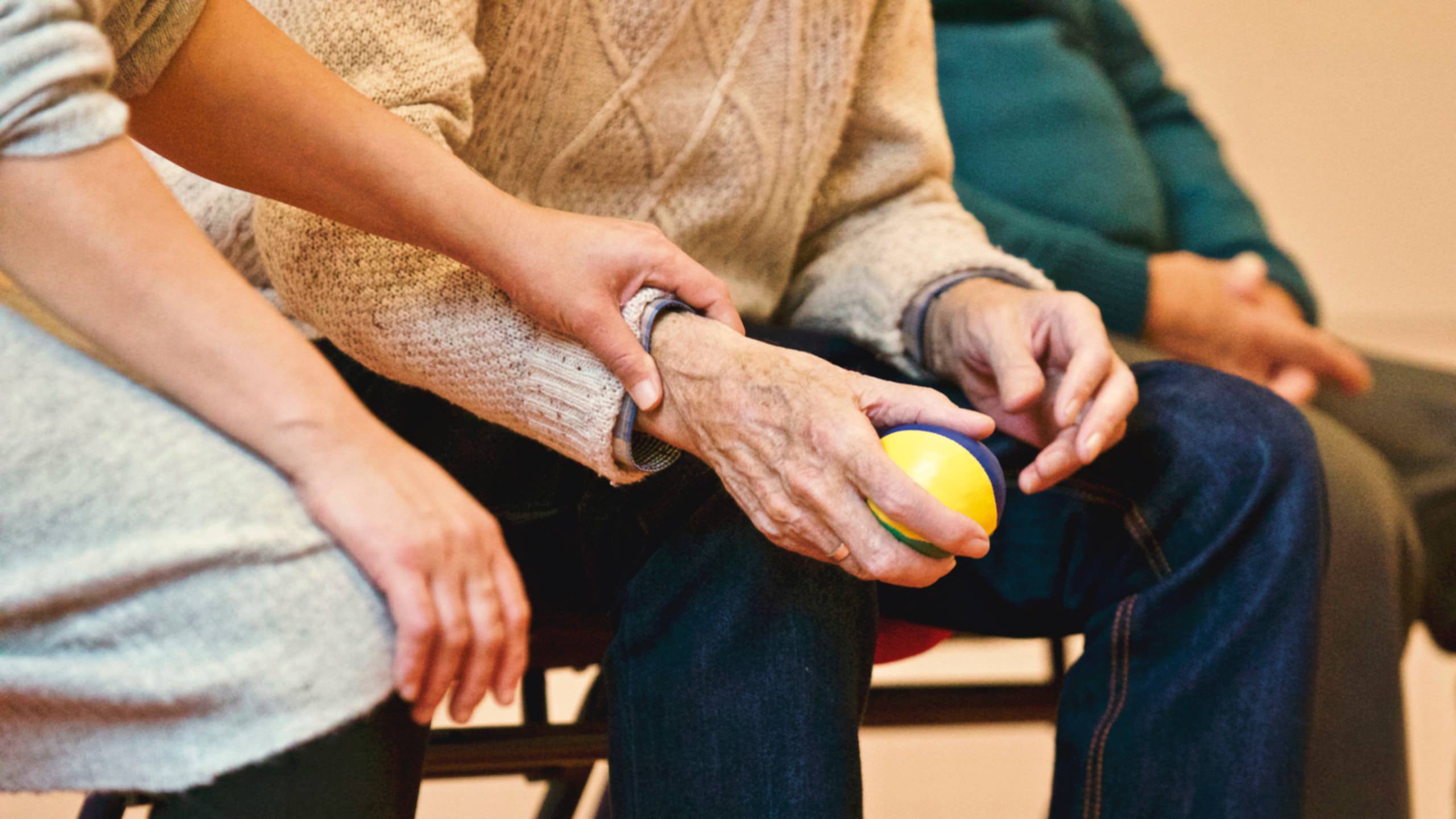What are the early signs of Dementia?
June 26 2019 | News

In the UK, 850,000 people are being treated for dementia, with numbers set to rise to over 1 million by 2025. The key to curing dementia is an early diagnosis. If a person has dementia, their symptoms will be noticeable and will affect their day-to-day life almost immediately. There may be many signs you do not know about which could potentially save lives, this is why we have compiled a list of the most common signs to help you become more aware.
What is Dementia?
The word ‘dementia’ is used to describe a set of symptoms. These symptoms include memory loss, difficulty thinking, changes in moods, and general confusion. With dementia, symptoms often start small, then gradually get more severe as dementia progresses.
This disease results in the loss of nerve cells in the brain, and with dementia being a progressive condition, it means it will only get worse.
Each person’s dementia is different. Simply meaning that the way it takes effect with someone, may not be the same as another. The way it affects is simply down to what type of dementia they have been diagnosed with. Other reasons for different dementia experiences include the person’s environment or personality. Although effects vary, there are many symptoms which occur in all dementia cases.
Short-Term Memory Loss
One of the first signs of dementia is short-term memory loss. This symptom is easily spotted when someone remembers long-term conversations but simply can’t remember something from that day. Although this could just be a silly mistake, its best to get it checked out – especially if they are much older than you. Another common symptom is struggling to remember where things are or why they entered a room.
Difficulty Speaking
Difficulty speaking, or struggling to find the right words, are also very common symptoms. During the early stages of dementia, the person may have a harder time explaining things. Trying to express themselves in a conversation can be challenging and they may be forgetting simple everyday words.
Changes in Moods
As dementia starts to progress through the brain, mood changes can often be a common problem for dementia patients. This isn’t easy for the person to spot themselves, but if you are recognising a change within a family member or friend, its best to bring this up to them or a doctor. Along with mood changes, you may start to see a shift in someone’s personality.
Apathy
Apathy, also known as listlessness, is when a dementia patient loses interest in hobbies or activities. For instance, someone may have been playing a certain sport for years and suddenly they’ve become uninterested. If this is the case, it may be appropriate to speak to a doctor.
Confusion
Starting in the early days of dementia, confusion is one of the most well-known symptoms. Confusion may occur when someone can no longer remember faces, words or interact how they normally would. This confusion can make things like driving very dangerous, this is why it’s extremely important to get checked by a doctor. Loss of direction on the road could lead to a life-threatening accident.
When is it time to see a Doctor?
These symptoms don’t only point towards dementia and you may be experiencing something due to stress or tiredness. But at Summerfield Healthcare we recommend a professional health check to make sure your health is how it should be. Spare 20 minutes of your day and be rest assured by one of our health specialists at our memory clinic. Equally, if you know someone experiencing these symptoms, make a professional aware. An early diagnosis could save a life.
See more about our memory clinic here.
